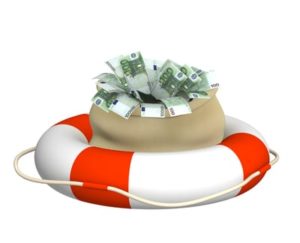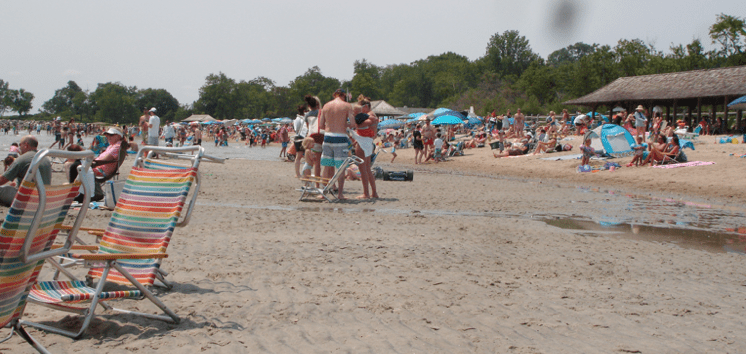
In praise of emergency funds! I can’t say enough about having an emergency fund to use in times of an emergency, as well as having the protection of insurance. We had a big life emergency this time, and it could have been much worse.
While Dave and I were out of the house for about an hour and a half, an emergency struck our house. A feeder line for the toilet broke and we came back to a small geyser. Not only was the bathroom flooded, the water flowed into the master bedroom and then down into the basement. Ugh! You can imagine the damage this has caused. But it could have been much worse.
So this is how our afternoon went:
* Shut off the water – we had individual shutoffs installed all over the house
* Next the clean-up began – towels, wet vacuums and more
* Contacted the insurance company to file a claim. This is the first homeowners claim we ever filed.
* Started the removal of the damaged stuff, and this was hard without Dave being able to move things.
* The insurance company sent out Service Master to remediate the damage. They moved the heavy furniture, installed the industrial fans and dehumidifiers to lessen the damage
* Next day we had to replace the modem, as we lost phone and internet service. It’s difficult to make multiple calls with only a cell phone.
* The drying out stage lasted for days. It included the carpets, hardwood floors, ceramic tiles, sheet rock, furniture and that’s only the big stuff!
Now we are at the rebuilding stage, with the contractors giving us estimates for replacing floors, hard wood and tile, sheet rocking the portion of the walls that were cut away with water damage, painting of rooms, replacing furniture and items that were damaged and more.
Living in a disorganized home as two rooms of furniture and personal items had to be moved out of the rooms and the basement, made our home somewhat of an obstacle course for quite a few weeks. Hopefully by the holidays, we can be back to our organized house.
Save
Save





 Saving money is all about packing right and light.
Saving money is all about packing right and light.